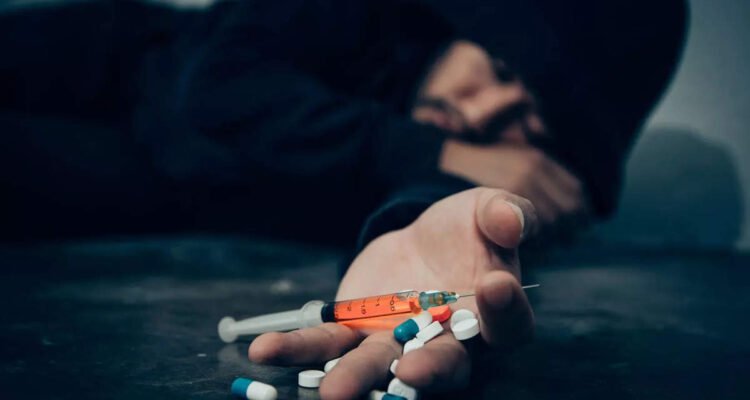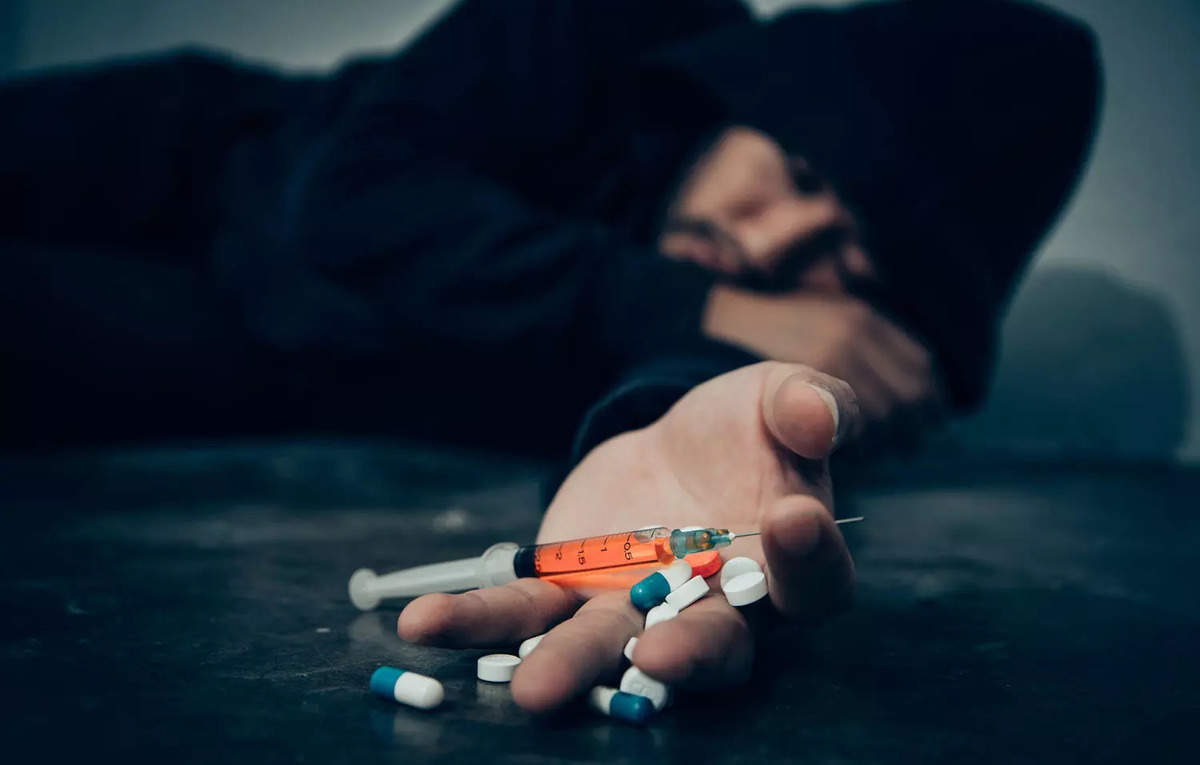Introduction
Overcoming drug addiction is a challenging journey that often requires professional help. Rehab facilities offer structured environments and comprehensive support to aid individuals in their recovery process. This article explores the benefits of using rehab facilities to kick your drug addiction, detailing how these centers provide essential resources and support for successful recovery.
Understanding Drug Addiction
The Nature of Addiction
- Chronic Condition: Drug addiction is a chronic, relapsing condition characterized by compulsive drug seeking and use despite harmful consequences.
- Physical and Psychological Dependence: Addiction involves both physical dependence (tolerance and withdrawal symptoms) and psychological dependence (cravings and obsession).
The Impact of Addiction
- Health Effects: Prolonged drug use can lead to severe health problems, including cardiovascular issues, liver damage, and mental health disorders.
- Social and Personal Consequences: Addiction often strains relationships, impairs job performance, and affects overall quality of life.
Benefits of Using Rehab Facilities
Professional Medical Care
- Detoxification Services: Rehab facilities provide medically supervised detox programs to safely manage withdrawal symptoms and reduce the risk of complications.
- Medical Oversight: Access to healthcare professionals ensures that any underlying medical conditions are addressed and managed appropriately during recovery.
Structured Environment
- Safe and Controlled Setting: Rehab centers offer a controlled environment free from triggers and temptations, which helps individuals focus on their recovery.
- Routine and Structure: A structured daily routine includes therapy sessions, group meetings, and recreational activities, promoting a sense of stability and purpose.
Types of Rehab Facilities
Inpatient Rehab
- Residential Treatment: Inpatient facilities provide 24/7 care and support, allowing individuals to immerse themselves fully in the recovery process without external distractions.
- Intensive Therapy: This type of rehab offers intensive therapy options, including individual counseling, group therapy, and family therapy.
Outpatient Rehab
- Flexible Schedule: Outpatient programs allow individuals to live at home while attending scheduled therapy sessions and support groups.
- Continued Work and Family Life: This option is suitable for those who need to balance treatment with work or family responsibilities.
Specialized Rehab Programs
- Dual Diagnosis Treatment: Some facilities offer specialized programs for individuals with co-occurring mental health disorders, addressing both addiction and mental health issues.
- Gender-Specific Programs: Programs tailored for specific genders may address unique challenges and dynamics related to addiction and recovery.
Key Components of Rehab Programs
Behavioral Therapy
- Cognitive Behavioral Therapy (CBT): CBT helps individuals identify and change negative thought patterns and behaviors related to drug use.
- Motivational Interviewing (MI): MI focuses on enhancing motivation and commitment to change, exploring personal reasons for recovery.
Group Therapy
- Peer Support: Group therapy provides a supportive environment where individuals can share experiences, offer encouragement, and learn from others facing similar challenges.
- Skill Building: Group sessions often focus on developing coping skills, relapse prevention strategies, and interpersonal communication.
Aftercare and Support
- Transition Planning: Rehab facilities help individuals develop a plan for transitioning back into everyday life, including identifying potential triggers and establishing support networks.
- Ongoing Support: Aftercare programs may include outpatient therapy, support groups, and continued medical care to help individuals maintain their recovery and prevent relapse.
Overcoming Barriers to Rehab
Stigma and Denial
- Addressing Stigma: It’s important to overcome the stigma associated with addiction and seek help without shame. Rehab facilities provide a non-judgmental environment for recovery.
- Acceptance and Readiness: Acknowledge the need for help and commit to the recovery process, which is the first step towards successful treatment.
Financial Considerations
- Insurance and Payment Options: Many rehab facilities accept insurance and offer various payment options. Explore financial assistance programs and coverage options to make treatment accessible.
- Cost vs. Value: Consider the long-term benefits of recovery and the potential cost savings from improved health and quality of life when evaluating rehab costs.
Finding the Right Rehab Facility
Research and Referrals
- Research Facilities: Investigate various rehab centers, their treatment approaches, and success rates. Look for facilities with accredited programs and positive reviews.
- Seek Referrals: Consult healthcare professionals, support groups, or trusted individuals for recommendations on reputable rehab facilities.
Personalized Treatment
- Tailored Programs: Choose a facility that offers personalized treatment plans based on individual needs, including specific drug dependencies and co-occurring disorders.
- Compatibility and Comfort: Ensure that the facility’s environment and treatment approach align with personal preferences and comfort levels.
Conclusion
Using rehab facilities to kick your drug addiction provides a structured, supportive, and medically supervised environment that enhances the chances of successful recovery. By offering professional care, a controlled setting, and a range of therapeutic options, rehab centers play a crucial role in helping individuals overcome addiction and rebuild their lives. If you or someone you know is struggling with addiction, seeking help from a rehab facility can be a transformative step towards a healthier and more fulfilling future.


